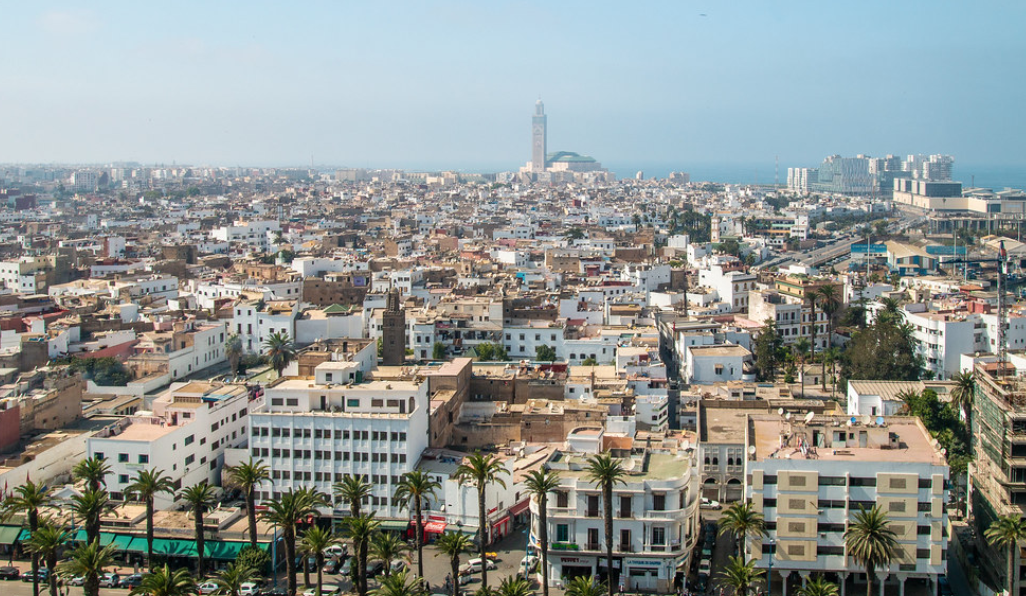Although subject to significant risks, Morocco's economic outlook is improving. To strengthen this momentum, the authorities are counting on a sustainable recovery of the main sectors of activity in the Kingdom.
The Moroccan economy is expected to rebound in 2023 as inflation gradually declines. The information comes from the latest report of the International Monetary Fund (IMF) on Morocco, published on January 24 on its website.
The Fund reveals that Moroccan GDP growth will accelerate in 2023, reaching 3%, after growing by 1.25% in 2022. A rebound in agricultural production and its positive impact on the rest of the economy will be the main engine of this growth. The expected decline in inflation and the demand support measures, foreseen in the 2023 budget, will support private consumption, while remittances and tourist flows will weaken somewhat due to the deterioration of growth in the eurozone.
These support measures will also have a positive impact on the weakness of investments.
“Inflation and the current account deficit should decline, assuming there are no new external shocks. Average headline inflation is projected to peak at 6.5% in 2022 and gradually decline to around 4% in 2023 and 2.5% in 2024 as the commodity price shock dissipates and the stance monetary policy becomes less accommodative, and despite the estimated inflationary impact of removing remaining subsidies,” the IMF said.
Structural reforms and continued fiscal consolidation will reduce the current account deficit, which will approach its norm of around 3% in the medium term, after strengthening to around 4% of GDP in 2022. Investments foreign direct (FDI) and external borrowing should also fill this gap.
Even if the Fund considers them to be on the downside, there are nevertheless risks to the outlook. A decline in external demand (particularly from the Eurozone), greater volatility in commodity prices and tighter financial conditions could indeed affect Morocco’s economy. These risks relate in particular to a deterioration in global conditions and greater fallout from the war in Ukraine.
On the side of the Moroccan government, higher growth is expected in 2023 and 2024 (respectively 1.5% and 4% in 2022 and 2023) thanks to the good performance of the tourism sector and remittances, as well as than a normalization of input costs in the construction sector this year. The authorities also expect agricultural production to return to normal levels, which would further support domestic demand, and inflation to fall to around 2% in 2023.








Réagissez à cet article